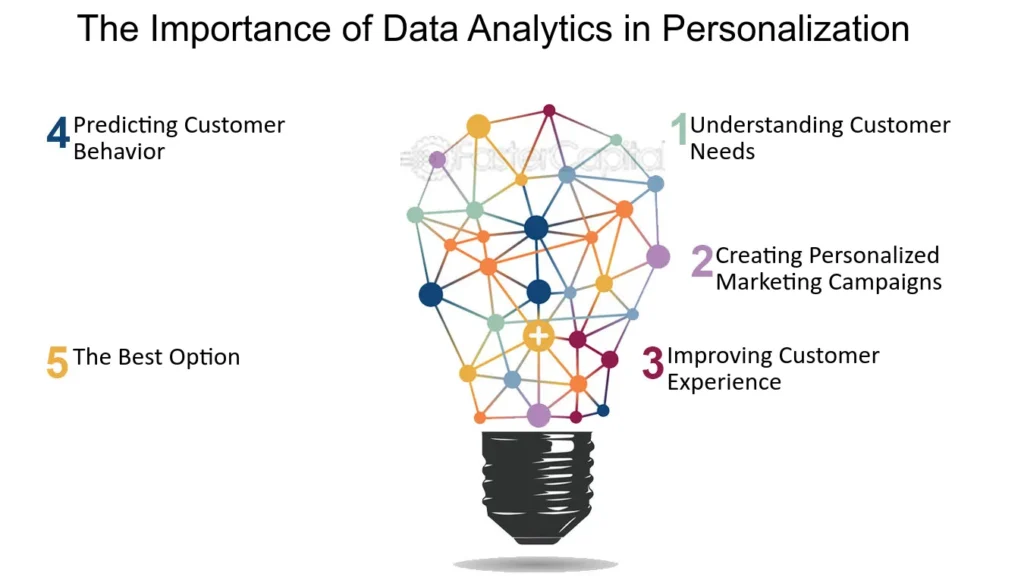The casino gaming industry, traditionally known for its reliance on physical infrastructure and in-person experiences, is increasingly shifting toward digital transformation. As the industry evolves to meet modern demands, casinos are investing heavily in information technology (IT) to streamline operations, enhance customer experiences, and ensure robust security. This article explores the major areas of IT spend within the casino gaming industry and the driving forces behind this digital shift.
1. Digital Platforms and Online Gaming
The rise of online gambling is one of the most significant developments driving IT investment. With the increasing number of players engaging in online casino games, the need for sophisticated digital platforms has grown. Casinos are allocating substantial resources to develop secure, user-friendly, and scalable online gaming platforms.
Cloud infrastructure, content delivery networks (CDNs), and mobile app development are among the core IT expenses in this domain. These platforms require constant updates to ensure smooth operation and compliance with various regulations in different jurisdictions. Moreover, the integration of live gaming—which simulates the real-life casino experience through video streaming—is another area requiring significant IT investment, particularly in terms of bandwidth, video quality, and latency reduction.
2. Data Analytics and Customer Personalization

The casino industry is driven by a vast amount of data, from gaming habits to customer preferences. Casinos are investing heavily in big data and analytics tools to better understand their customers and create personalized gaming experiences. By analyzing data points such as player spending habits, game preferences, and time spent on specific activities, casinos can tailor marketing strategies, loyalty programs, and promotions to maximize player engagement.
Beyond customer experience, predictive analytics also plays a crucial role in operational efficiency, helping casinos optimize game offerings, manage resources, and identify trends that could impact revenue generation.
3. Cybersecurity and Fraud Prevention
With the growth of online gambling, cybersecurity has become a top priority for casinos. The gaming industry is a prime target for cybercriminals due to the high volume of financial transactions and personal information stored within casino systems. As a result, casinos are significantly increasing their IT spend on advanced cybersecurity solutions, including firewalls, intrusion detection systems, data encryption, and real-time monitoring.
Casinos are also leveraging artificial intelligence (AI) and machine learning (ML) to detect fraudulent activities in real-time. These technologies can analyze vast amounts of transactional data to identify suspicious patterns, flagging potential fraud before it becomes a significant issue.
4. Blockchain and Cryptocurrencies
Blockchain technology and the acceptance of cryptocurrencies are emerging trends in the casino gaming industry. Some casinos have begun integrating blockchain-based platforms to improve transparency, enhance security, and offer a decentralized payment system. Blockchain’s immutable ledger provides a higher level of trust in the fairness of games and transactions.
Additionally, the acceptance of cryptocurrencies like Bitcoin and Ethereum allows casinos to tap into a broader market, attracting tech-savvy gamblers. The infrastructure needed to support these technologies requires casinos to invest in specialized blockchain developers and payment gateway integrations.
5. Artificial Intelligence and Automation
AI is making a significant impact on the casino gaming industry, especially in the areas of customer service and operational automation. Chatbots and virtual assistants are being deployed to handle customer inquiries, reducing wait times and improving overall service efficiency. These AI-driven tools are available 24/7 and can resolve a wide range of customer issues, from technical support to transaction-related queries.
AI is also being applied in-game design, where developers use machine learning algorithms to adjust game difficulty levels or suggest new game offerings based on user preferences.
6. Augmented Reality (AR) and Virtual Reality (VR)
Augmented Reality (AR) and Virtual Reality (VR) are relatively new but increasingly influential technologies in the casino gaming space. Casinos are experimenting with these immersive technologies to bring a more engaging experience to their customers. VR casinos provide players with a near-realistic gaming environment where they can interact with the games and other players as if they were in a physical casino.
These innovations require heavy investment in VR/AR development tools, 3D content creation, and the hardware infrastructure to support immersive gaming experiences, particularly for online or hybrid casino environments.
7. Compliance and Regulatory Technology (RegTech)
The casino gaming industry operates under strict regulatory frameworks, and ensuring compliance is a major operational focus. Casinos are investing in RegTech solutions that help them stay compliant with various laws and regulations across different jurisdictions. These solutions often include tools for AML (Anti-Money Laundering) compliance, Know Your Customer (KYC) verification, and real-time reporting to regulatory bodies.
By automating these processes, casinos reduce the risk of human error and ensure they are constantly aligned with evolving regulations. This not only saves costs in the long run but also helps avoid hefty fines associated with non-compliance.


